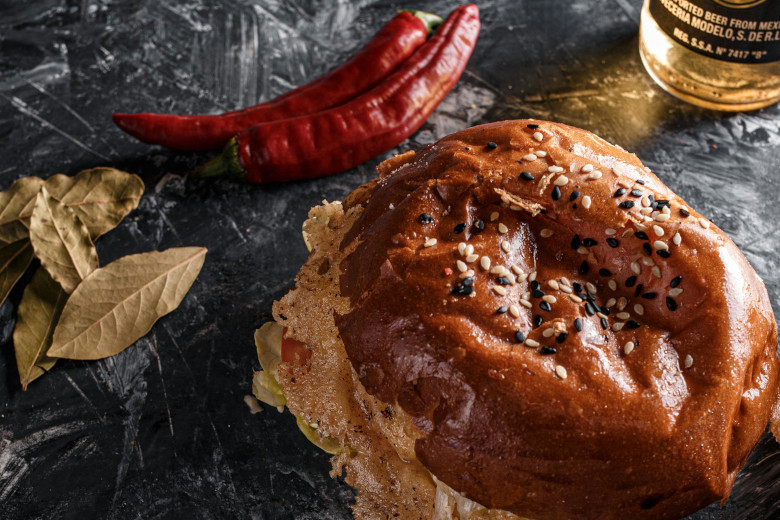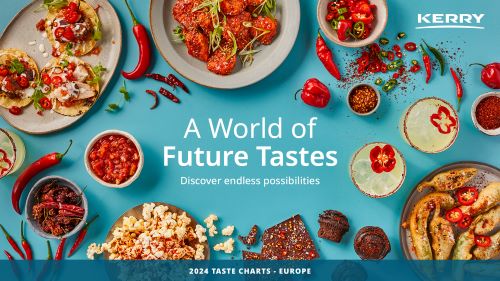
Spice – literal and figurative – is being added to a wide range of more everyday foods, for added excitement, according the the 2024 Global Taste Charts published by Kerry. From spicy cocktails, everything from spicy chocolate and spicy honey to spicy sparkling waters are also entering the market; with products often utilizing new and interesting spice ingredients, such as arbol peppers, gochugaru, and tajin seasoning, the research found.

People remain open to new experiences: fruits such as Yuzu are gaining popularity across multiple markets and applications, with recent launches including Yuzu Gose Beers in South Africa, Yuzu and Pepper Mayonnaise in China, and Yuzu Low ABV wines and alcoholic beverages in the USA and Australia.
Increasingly inventive crossovers of international cuisines are emerging, such as blends of Filipino and American dishes in the US, where Halo-Halo inspired cocktails, ube burgers, and adobo chicken sandwiches are appearing on menus.
Kerry released the 2024 global taste charts, A World of Future Tastes, the result of a year-long research. It is a series of charts created for 13 individual regional markets, tracking flavor adoption and evolution around the world and providing an in-depth analysis of the ingredients and trends that will shape innovation in the food and beverage sector over the year ahead.
To illustrate today’s incredible pace of innovation, Kerry researchers also conducted a deep dive into the lifecycles of two long-popular heritage flavors — orange and chocolate — and examined how these mainstream ingredients are now exploding into all manner of inventive product offerings around the world. These two case studies illustrate clearly how many traditional tastes worldwide are now fusing into new, innovative applications as product creators around the globe source, combine and recombine flavors and spices from distant origins into exciting new taste experiences.

Soumya Nair, Global Consumer Research and Insights Director at Kerry, commented on the 2024 taste charts: “The global exchange and dissemination of tastes and flavors through social media and travel is still in its infancy, and globalization in food, beverage and cuisine development make this a truly exciting time to be in the industry. Although rapidly changing times can present great challenges, they also provide an unparalleled opportunity for brands to catch an emerging trend on the rise. We are seeing many unique flavor intersections in foods and beverages, and Kerry is using technologies such as Natural Language Processing, AI, social media and traditional consumer observation tools to stay ahead of the adoption curve, and to help customers navigate the emerging taste environment for products being developed in 2024.”
Photos: Pexels


